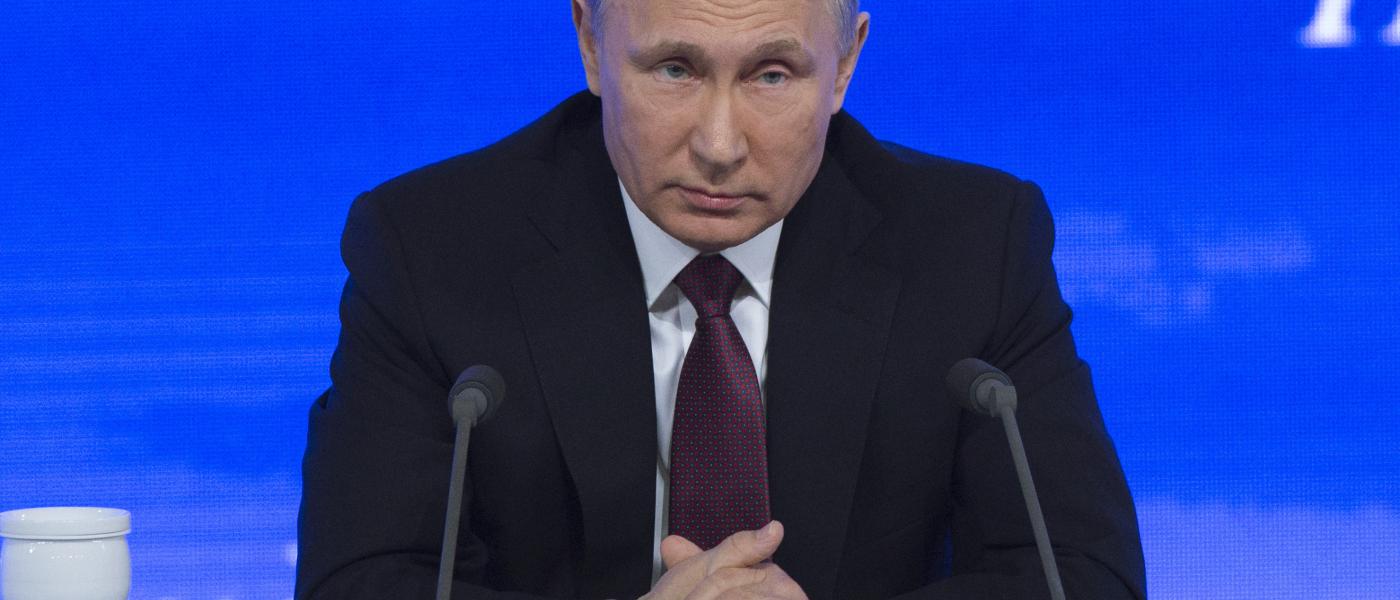RT Deutsch, the Kremlin-backed media outlet, has become a major player on social media just weeks before the polls open.
A video on YouTube alleging anti-vaccine conspiracy theories in Germany was viewed more than a million times. A Facebook post promoting a local far-right political party was shared by tens of thousands of people. A Twitter message attacking a leading politician ahead of the country’s upcoming election was liked repeatedly over months.
Thousands of social media posts like these are spreading through Europe’s largest economy, and they all come from RT Deutsch, the Kremlin-backed media outlet.
In total, the Russian broadcaster — whose aim is to provide an alternative to the Western media’s perspective on current affairs and promote Russian President Vladimir Putin’s strategic interests — has become the most prominent media outlet on social media in Germany just weeks ahead of the country’s federal election on September 26, ASD data shows.



